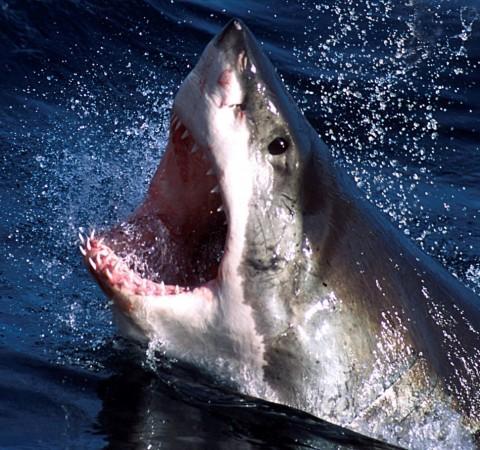
Madi Stewart, 20, an Australian scuba diver, has grown up swimming with sharks by the Great Barrier Reef.
Stewart is a shark conservationist and is a subject of the documentary titled 'Shark Girl'. The documentary focuses on her attempts to raise awareness on shark fishing practices. It also shows the harmful effects of it on both the coral reef's ecosystem and human health.
"I never chose conservation, I was enlightened to what was happening unfortunately by witnessing it myself," said Stewart in an interview with USA Today.
Stewart received certification on diving at the age of 12, and took her underwater camera to film her dives and make short films on YouTube from the age of 14.
"I think if we just gave people a chance to see sharks - they're still dangerous, they're still fascinating, they're still incredible predators, but they're not this mindless eating machine that they're made out to be. My mission in life is to do everything in my power to protect them," Stewart pointed out.
Each year, around 80,000 sharks are fished out from the Reef. Many of the sharks are sold in local fish markets, while shark fins are even transported to far off Asian countries for thousands of dollars. The rapid declination of shark population would have a negative effect on the reef's ecosystem.
Stewart dropped out of high school to completely dedicate her time to shark conservation. She believes sharks are not dangerous and even wants her viewers to believe so. She points out that consumption of sharks can be toxic for both human health and to the environment.
"The biggest danger from sharks toward people is when people eat them because they're full of toxins like mercury and potentially other toxins that cause food poisoning and really bad illnesses."
Bigger fishes accumulate huge mercury levels in themselves by consuming other smaller fish, which absorb mercury from natural sources like volcanoes and industrial effluents, according to Michael Bender, executive director of the Mercury Policy Project, a non-profit based in Vermont.
"Sharks have an inherent value as predators in the ecosystem and it's important to not deplete them just because they're not the most popular," said Fordham, shark conservationist and president of the non-profit Shark Advocates International.













